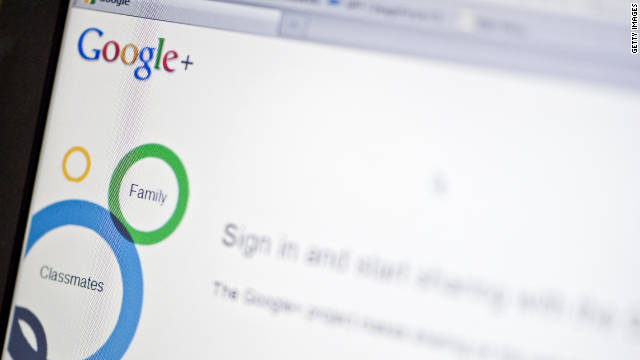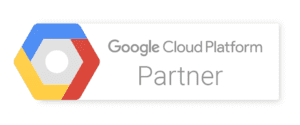Article written by Doug Gross.

(CNN) — Google Places is gone, replaced by a new feature that combines its Google Plus social site and renowned restaurant reviewers Zagat.
Announced Wednesday, Google Plus Local is the latest push by Google to incorporate its networking site into more of its other products, with the goal of creating a single, seamless Web experience.
Plus Local is designed to let users discover and share information about local restaurants, shops and other sites.
“Finding the best places to go is an essential part of our lives, as are the people and resources that help us make those decisions,” Google product manager Avni Shah wrote on the company’s official blog. “In fact, the opinions of friends, family or other trusted sources are often the first we seek when looking for the perfect restaurant for date night or the cafe that makes the best latte ever.”
A new “Local” tab on the side of a Google Plus page lets users click and search.
Results will include reviews from Zagat, which Google bought in September, as well as ratings and comments from friends. The results also will appear when Google users search for a local site using Google search or Google Maps.
Companies listed on the less-social Google Places can be converted over to Google Plus. According to the blog Search Engine Land, roughly 80 million businesses’ pages already had been converted Wednesday morning.
Google Plus reports being up to about 100 million users since opening to the public in September. That’s a far cry from Facebook’s roughly 900 million accounts.
Some in the tech world were saying Wednesday that Google Plus Local might be a way to begin catching up.
“What Google still lacks in Google+ is a way of getting different businesses’ networks to interact with each other — meaning, Facebook may have its own Facebook Places, but it also has a range of apps from others, like Gogobot and more, that enhance that experience,” wrote Ingrid Lunden of TechCrunch.
“Google is still largely relying on its own data to get the job done. That could make the experience more cohesive, or (the problem Google+ has been having up to now) a little too quiet.”



